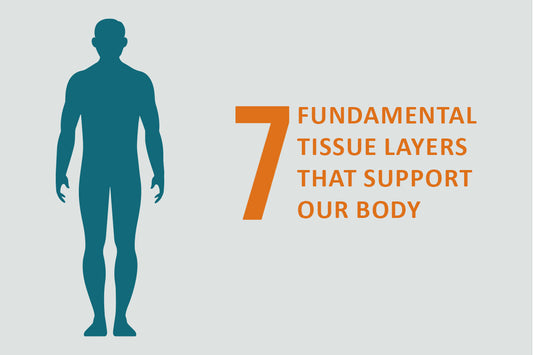Carbohydrates often come under scrutiny when it comes to nutrition, with some arguing they cause weight gain, while others stress their role in providing energy. So, are carbs a necessary part of a healthy diet? The answer is more supportive than you might think. Let’s break down what carbs are, the types of carbs, and their role in maintaining a balanced and healthy diet.
Introduction: What Are Carbs and Why Do They Matter?
Carbohydrates are one of the three primary macronutrients, alongside protein and fat, that your body needs to function properly. Carbs provide the primary source of energy, and despite some popular misconceptions, they are an essential part of a healthy diet. However, not all carbs are created equal, and their impact on health can vary based on the type you consume.
In this blog, we’ll explore why carbohydrates are important, the differences between simple and complex carbs, and how to make better choices for a balanced diet.
Understanding Carbohydrates: Simple vs. Complex
When discussing carbohydrates, it’s important to distinguish between two main types: simple carbs and complex carbs.
- Simple Carbs: These are quickly broken down by the body and can cause a rapid spike in blood sugar levels. Simple carbs are found in foods like white bread, sugary drinks, and refined grains. While they provide a quick source of energy, relying heavily on simple carbs can lead to issues like weight gain and fluctuating energy levels.
- Complex Carbs: Found in foods like beans, lentils, brown rice, and grain breads, complex carbs are digested more slowly, providing steady energy and helping maintain balanced blood sugar levels. They are rich in important nutrients like fiber, vitamins, and minerals, making them an essential part of a healthy diet.
The Role of Carbohydrates in a Healthy Diet
Carbohydrates should make up a significant portion of your daily intake. According to nutrition experts, complex carbohydrates are particularly beneficial because they provide long-lasting energy and help support overall well-being. Foods rich in complex carbs like beans, lentils, and whole grains can help maintain digestive health and ensure steady blood sugar levels throughout the day.
On the other hand, consuming too many simple carbs, such as those found in white bread and foods with added sugars, may contribute to excess calorie intake and weight gain over time.
Carbs, Weight, and Energy
Carbs often get blamed for weight gain, but it’s important to understand that the type and amount of carbs consumed play a major role. A study showed that diets high in refined grains and added sugars can contribute to excess weight. However, diets rich in complex carbohydrates like brown rice and grain breads are linked to better weight management and sustained energy levels.
Incorporating a balance of macronutrients—protein, fat, and carbohydrates—is essential for maintaining a healthy weight and ensuring the body functions optimally. Carbs, especially complex ones, provide the body with sustained energy, helping to fuel both physical and mental activities throughout the day.
Choosing the Right Carbs
So, how can you make sure you’re choosing the right carbohydrates for your diet?
- Opt for whole, unprocessed carbs like grain breads, brown rice, beans, and lentils.
- Limit the intake of refined grains and foods with added sugars, as they can cause fluctuations in blood sugar levels and potentially lead to energy crashes.
- Include a variety of carb-rich foods that provide important nutrients while offering long-term energy, helping maintain both weight and health.
Making mindful choices about the types of carbs you consume can help ease common health issues like energy dips and digestive discomforts.
Are Carbs Necessary for Everyone?
Yes, carbohydrates are a necessary part of a balanced diet for most people. Whether you are an athlete needing quick energy or someone looking to maintain weight, carbs rich foods can support your nutritional goals. The key is to focus on quality, choosing more complex carbohydrates that provide fiber and essential nutrients, rather than relying on simple carbs that can lead to spikes and crashes in energy levels.
Different people have different energy needs, so while it’s important to eat carbs, the type and quantity can vary based on individual factors like activity level and overall health goals.
Conclusion: Carbs in Moderation
In conclusion, carbohydrates are indeed a necessary part of a healthy diet, but the key lies in making smart choices. Consuming more complex carbs like beans, lentils, and whole grains while limiting simple carbs like white bread and refined grains will help support better health in the long term.
Carbohydrates provide energy, help maintain important nutrients, and support overall body function, making them essential to include in your diet—just be sure to choose wisely for the best results.
By understanding the differences between simple and complex carbs, and making balanced choices, you can enjoy the benefits of carbs without the potential downsides.






